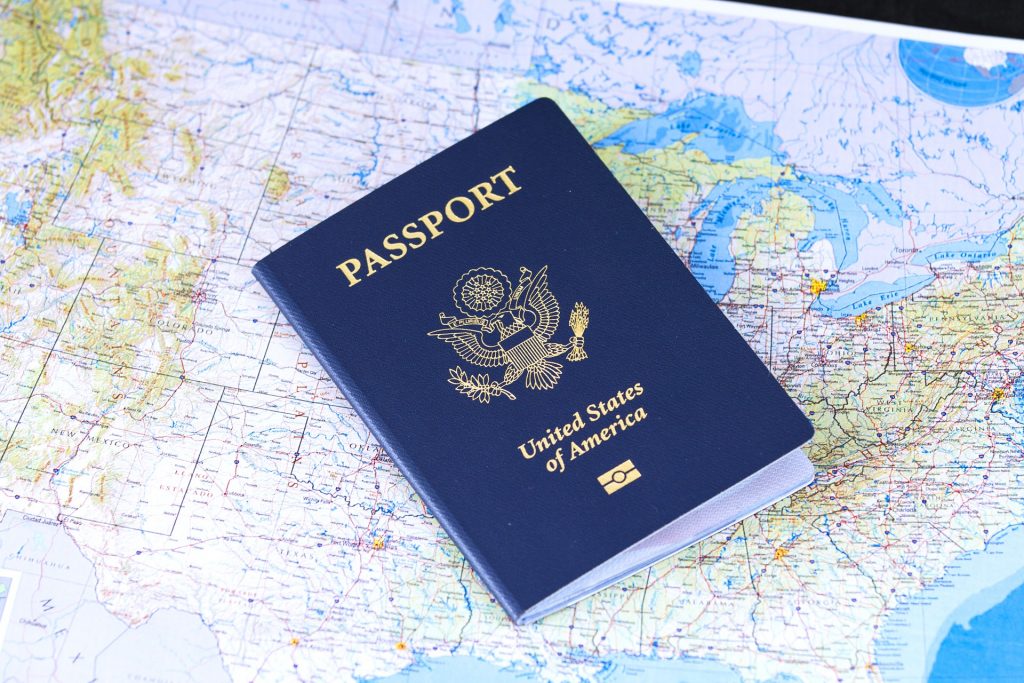The Ultimate Guide to Moving Abroad
Moving abroad isn’t as big a deal as it used to be. Where once people sailed for days and even weeks to get to their new homes, generally in search of a better life, work or to escape persecution back home, now, people move all the time. Whole families load up their lives and move for a new job, to be closer to friends, or to make a new start. Single people move halfway across the world to be with their new partners, and older adults seek to return home after half a life living away. Yet, even though more people than ever are living in countries other than their place of birth with relative ease, if it’s something you are considering, it is a huge step, which can be terrifying.
Whether you are moving to the country next door, where the culture and language are the same, or moving further afield where absolutely everything is completely different, it can be tough. Moving somewhere new and finding your feet can be a challenge. Here is the ultimate guide to help you.
Research
Before you make any commitments to move abroad, it’s important to do as much research as possible. Look online to find out all you can about their history, culture and lifestyle. You may be amazed at how different everyday life can be, especially if you are thinking of moving to a different continent.
You should also try to learn about money and the economy, public transport systems, laws and regulations, utilities, religion and their customs. This may sound like a lot, but being as prepared as possible will make the move easier and let you settle into life as soon as possible. This is especially important if you are going to be starting work straight away.
Visit
Don’t even consider moving to a new country without first visiting. If possible, go for a few short trips, just to get a feel for general life and culture. Then, at least one significantly longer visit to try to meet people, arrange work and find a home.
An awful lot can be done online nowadays, and it’s totally possible that you could move without ever having to visit. But, would you want to? Research is fantastic, but it isn’t the same as visiting somewhere in person, and it will never give you the same insight.
Find the Right Home
One of the most important things to do before you go is to find a home. This is one of the main reasons visiting is imperative. While it’s easily possible to find fantastic homes online at http://rumahdijual.com/jakarta-selatan/apartemen-pondok-indah, you wouldn’t buy or rent a house at home without first arranging a viewing, would you?
If a visit isn’t possible, look for a short-term rental arrangement. Then, extend the contract if you like it and start looking elsewhere as soon as possible if you don’t. Just make sure you factor in commute times and distance from amenities.
Secure a Job
You might be lucky enough not to have to work, or find yourself in a position where you can work from home, in which case, this isn’t important. But, if you are working from home or running your own business you will still need to look into tax laws, employment laws, requirements and regulations and your legal rights.
If you need to find a job, make contact with some prospective employees online and arrange some meetings for when you visit. Alternatively, you could speak to your current employer to find out if a transfer or remote working option is possible. In the modern world where everything can be done online, this is much more likely.
You might not be able to get work before you leave for your new life. In which case, it’s important that you have enough money to last until you do. Prepare a careful home move budget and make sure you won’t get into trouble before making any commitments to move.
Meet Some People
Meeting people can be a great help. They can help you settle and make everything seem a little less daunting. But, they can also help with arrangements and offer advice. Knowing someone in your new home means you’ve got someone there to help you find work and a house, to advise you on legal requirements and to introduce you to other people.
Meeting in person is great, but difficult in a whole new land. So, join groups online first. Especially local expat groups like those at https://www.internations.org. Chat to people in forums and Facebook groups and arrange to meet face to face on a visit. Just having a familiar face to turn to can make the world of difference.
Learn the Language
If they speak a different language in your new home, it’s imperative that you learn at least some of it. Even if they talk English well, there will be some things that you will not be able to translate unless you know the lingo.
Focus first on the essentials. Words and phrases, you’ll need for day to day life, anything that could be useful in an emergency and any language that is relevant to your job. Then, start building your skills up and learning more. Podcasts like these- https://www.theguardian.com/education/2015/feb/09/top-podcasts-learning-language-german-japanese – can be a great learning aid, and you should also make sure you’ve got a good translation app on your phone in case you get stuck.
Understand Taboos
Different countries have different taboos. Things that just aren’t done or talked about or things that just aren’t acceptable in polite company. Something you might happily chat about in public at home might be a complete no-go subject when you move. You can research this a little by looking the laws, local news and any moral stance online. But, the best way to find out is by getting to know people and spending time there.
In some cultures, misunderstanding a taboo subject can cause upset and distress, so until you are sure, be very careful. Especially when speaking to strangers.
Check Visas and Documentation
One of the most important things to sort out is visas, green cards, right to work documents and anything else that you need. This differs from country to country and depends on if you are planning to work and how long you intend to stay. Make sure you know what you need and give yourself plenty of time to apply and receive documents as in most cases they are a legal requirement, just as important as a passport.
Think About Healthcare and Education
If you are in good health and have no children, all you really need to know is what services are on offer and how to gain the appropriate insurance. If you have kids, you should think carefully about education. Do you plan to homeschool? Or use a public school? Arrange some visits and speak to staff before making a decision.
If you have a pre-existing medical condition, make sure you’ve got enough medication to last until you can get more and book appointments in your new country as soon as you can. Even if it’s not urgent, it’s a good idea to meet your new doctor and make them aware of your condition.
Talk to Your Family
This is perhaps the hardest part of leaving the country for many people. Telling your close friends and relatives about your decision can be difficult for everyone. Give them plenty of notice, explain your reasons and be as honest as you possibly can. Then show them all the ways you’ll be able to keep in touch.
The world is a much smaller place than it used to be and people move across it all of the time. Take your time, think things through carefully and make sure you are doing the right thing for you and your family.
My Say
For many individuals and families, moving abroad on a long term basis has become a necessity. It is undoubtedly not easy but can be made a lot easier with proper preparation of mind, body, and spirit.

















